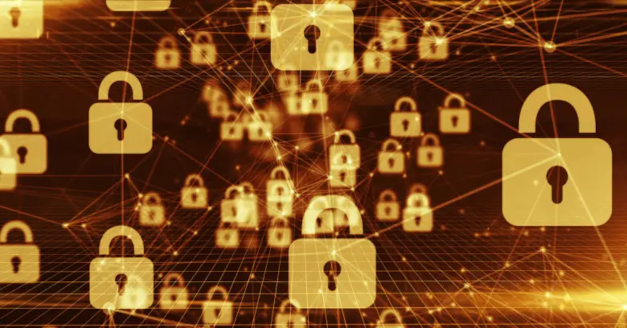
Lots of people “run Linux” without really knowing or caring – many home routers, navigational aids, webcams and other IoT devices are based on it; the majority of the world’s mobile phones run a Linux-derived variant called Android; and many, if not most, of the ready-to-go cloud services out there rely on Linux to host your content.
But plenty of users and sysadmins don’t just “use Linux”, they’re responsible for hundreds, thousands, perhaps even millions of other people’s desktops, laptops and servers on which Linux is running.
Those sysadmins are usually responsible not merely for ensuring that the systems under their jurisdiction are running reliably, but also for keeping them as safe and secure as they can.
In today’s world, that almost certainly means knowing, understanding, deploying and managing some sort of full-disk encryption system, and on Linux, that probably means using a system called LUKS (Linux Unified Key Setup) and a program called cryptsetup to look after it.